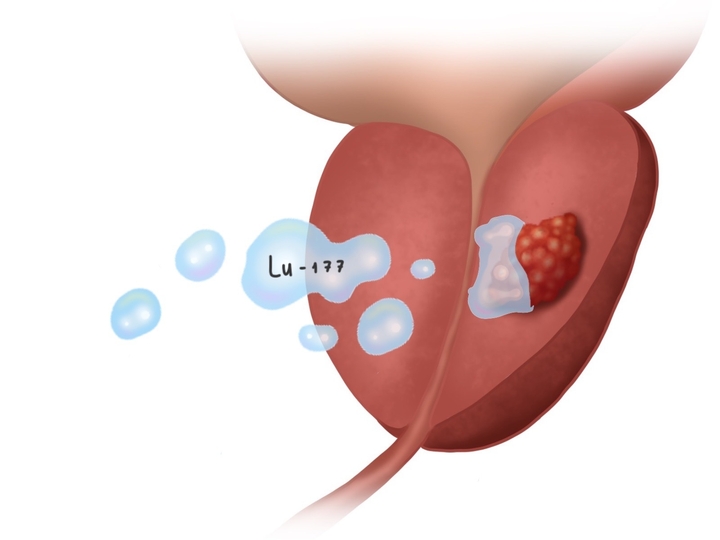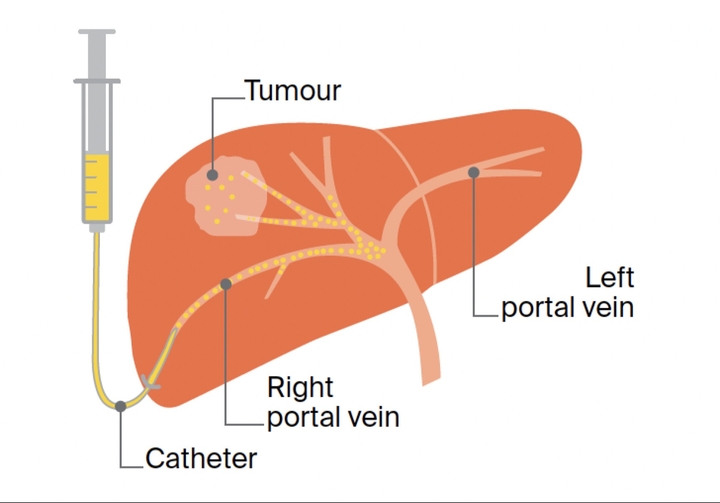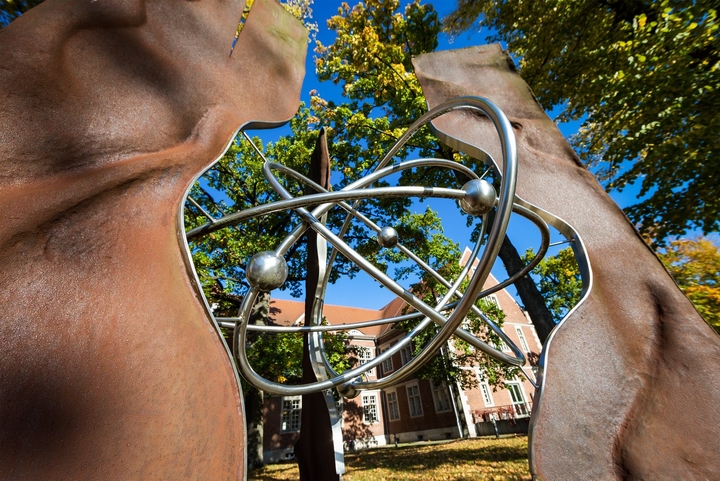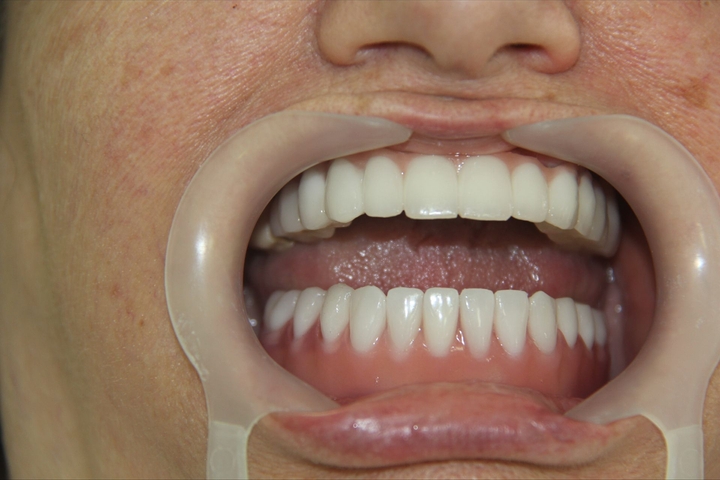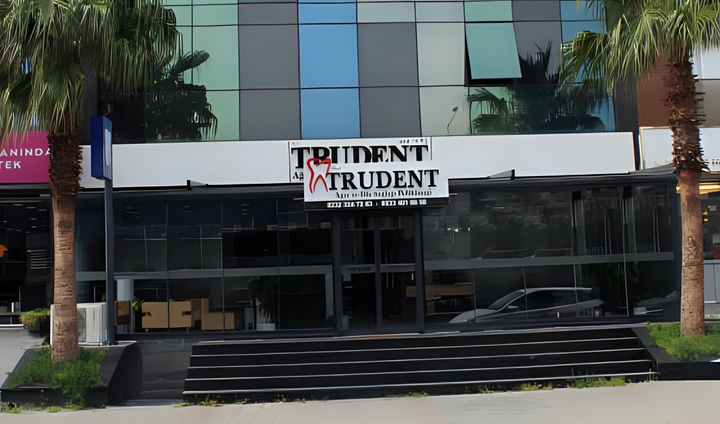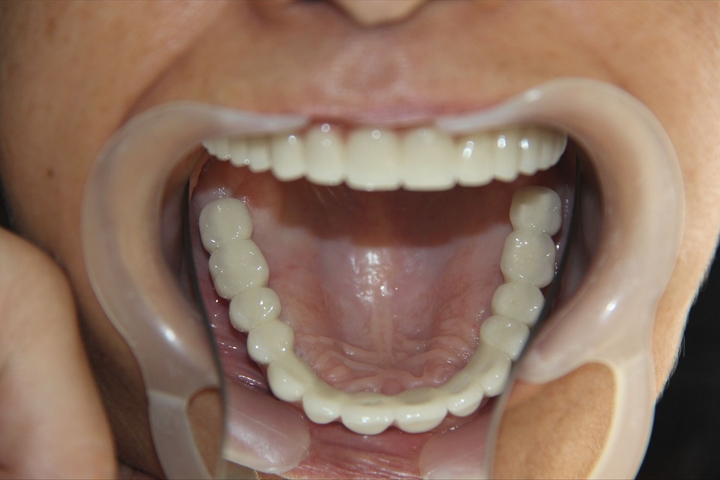Cryoablation with Liquid Nitrogen for Cancer Tumors | Uniclinic Frankfurt, Germany
Frankfurt am Main, Germany




Overview
Age group
Kids, Adults
Type of care
Outpatient
Method
Microinvasive
About the offer
What’s included
Medical service
- clinical history-taking
- medical records review
- physical examination
- consultation with an interventional radiologist
- complete blood count (CBC)
- blood type test (ABO, Rh)
- biochemical analysis of blood (kidney and liver function tests, electrolytes)
- inflammation blood tests
- coagulation studies
- urinalysis
- ultrasound imaging
- CT/MRI scan with a contrast
- post-procedure CT control
- pre-procedure patient preparation
- cryoablation with a liquid nitrogen (LN2)-based system for cancer for a metastatic lesion/ or tumor
- post-procedure care
- symptomatic care
- doctor's fee
- cost of essential medicines
- cost of essential materials
- local anesthesia
- nursing service
- discharge medical records
- further recommendations
Extra add-ons
AiroCare
Meet the provider
interventional radiology, interventional oncology, chemoembolization (TACE) & chemoperfusion (TACP)
Gallery

IceCure ProSense 2019

IceCure Medical's ProSense Cryoablation System
Customize this offer
If you're not seeing exactly what you need here, send your custom request. You can discuss the content, specifics, price & timeline to create a personalized plan.
Location
Theodor-Stern-Kai 7, 60596 Frankfurt am Main, Germany
FAQ
What is LN₂-based cryoablation?
Cryoablation is a minimally invasive procedure that destroys tumors by freezing them from the inside. A thin probe is inserted into the lesion, and liquid nitrogen creates an ice ball that kills cancer cells while sparing the surrounding healthy tissue.
Which tumors can be treated?
It can be used for selected primary and metastatic tumors, such as those in the lung, liver, kidney, bone, and soft tissues. Suitability depends on tumor size, number, location, and your general health.
How is the procedure done?
Under CT guidance, the doctor numbs the skin, makes a tiny incision, and advances a cryoprobe into the tumor. One or more freeze–thaw cycles are performed until the entire lesion is covered. At the end, the probe is removed and a small dressing is applied.
Individual cost estimate. Non-binding 100% free assessment.

